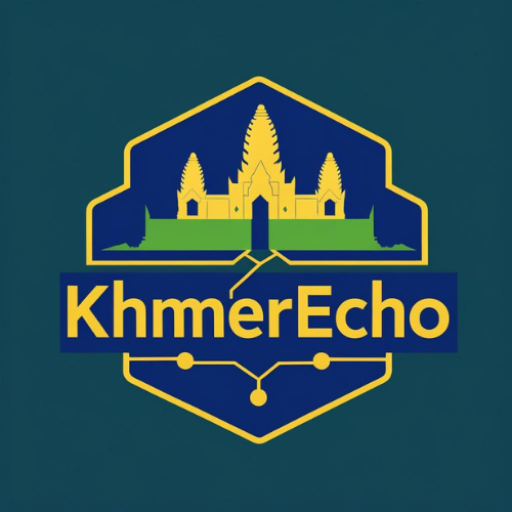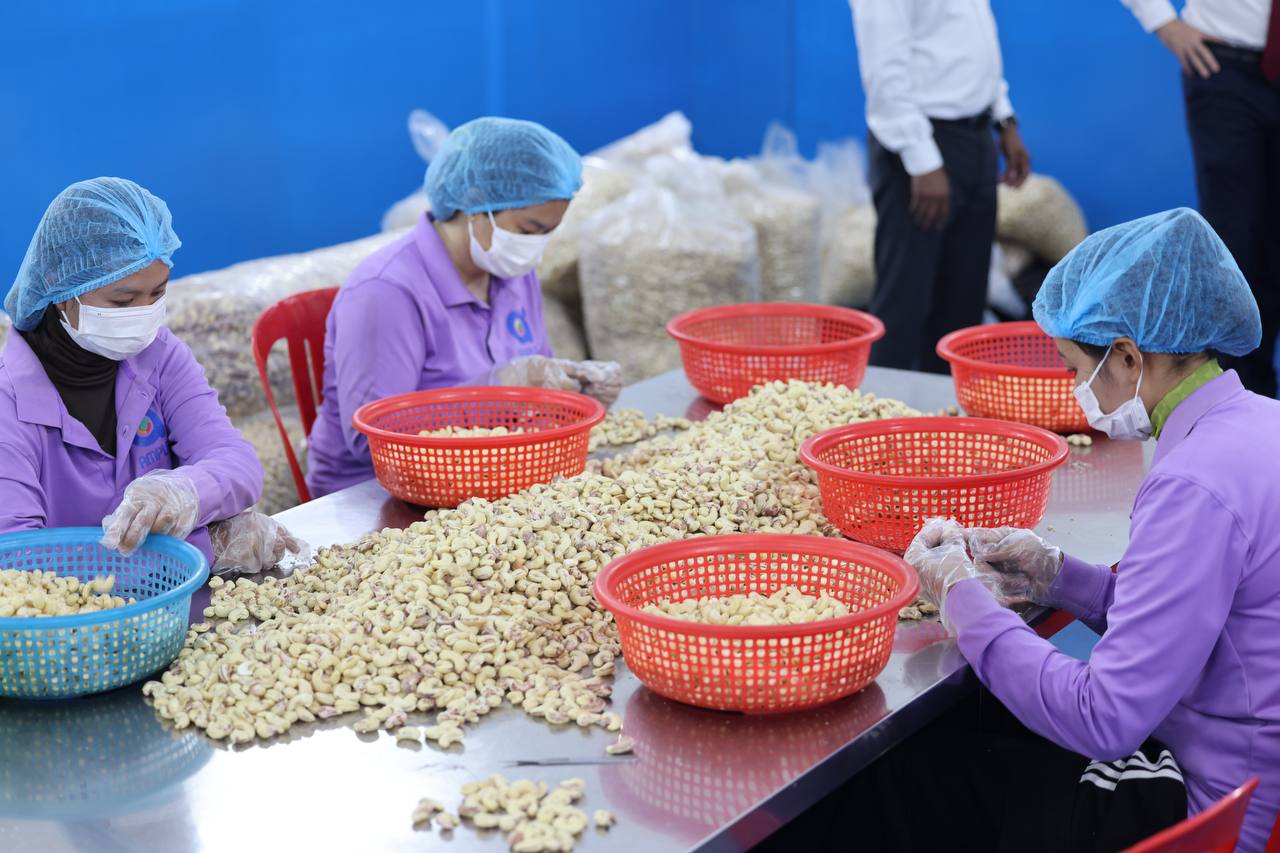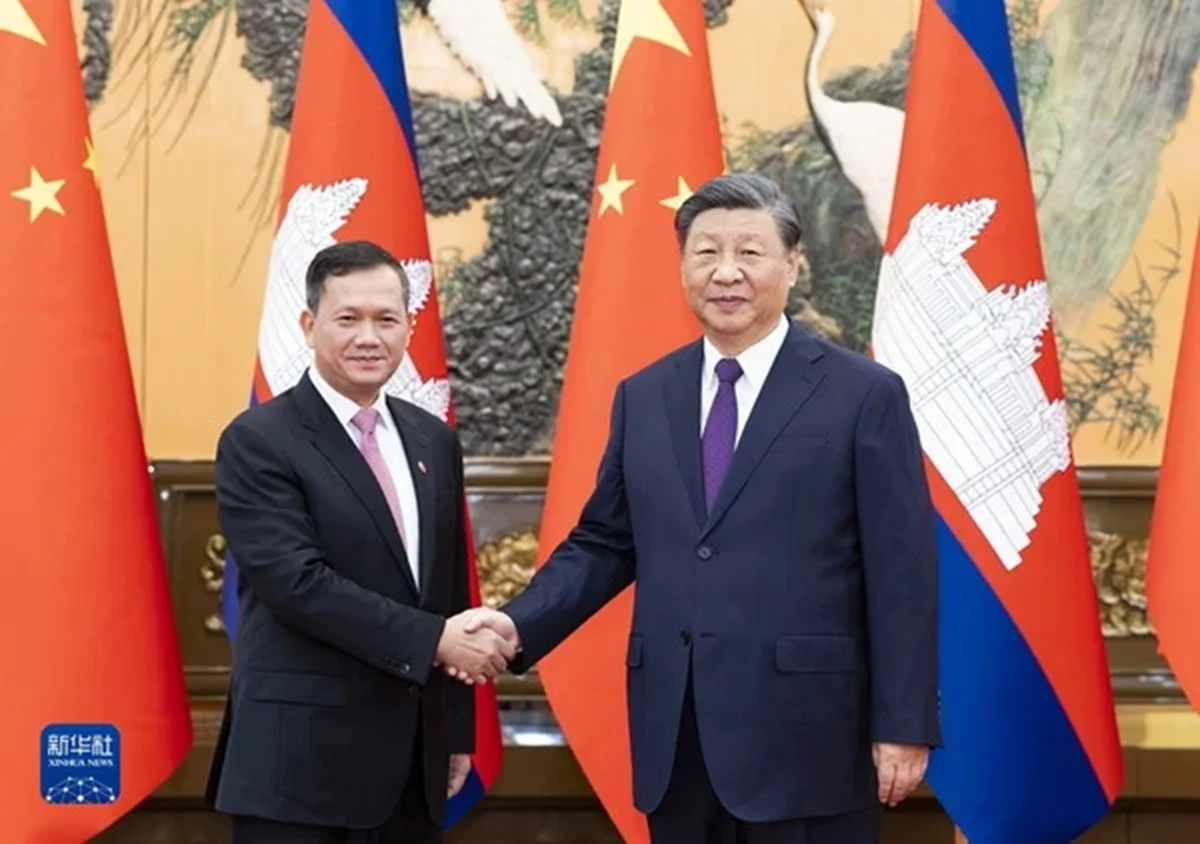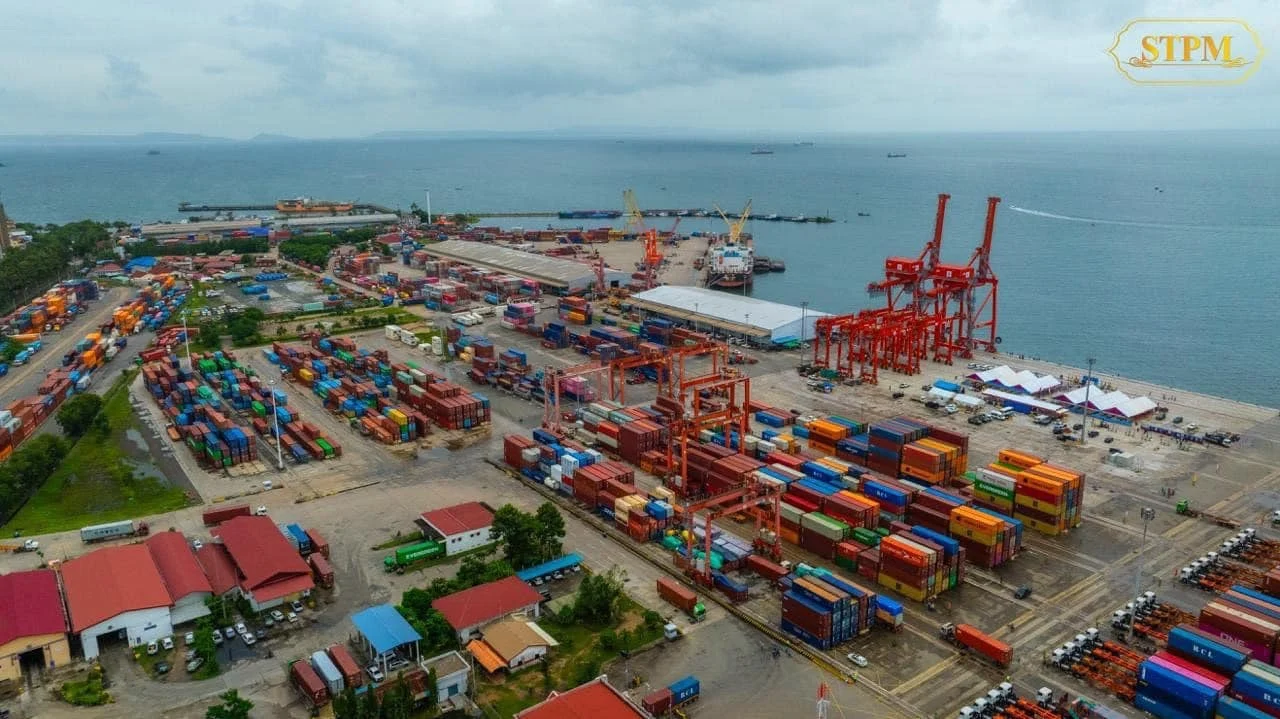Cambodia is strategically positioning itself to evolve from a raw cashew producer into a leading exporter of high-quality processed cashews. This significant shift is driven by an imperative to strengthen its competitive edge within the global marketplace. The nation is actively expanding its reach for processed cashew exports, with a particular focus on penetrating the vast European Union market. This initiative aims to achieve an ambitious target of 25% processed cashew exports by 2027, further escalating to at least 50% by 2032.
To realize its vision of becoming a primary producer and supplier for domestic, regional, and international markets, Cambodia recognizes the essential need for sustained market diversification, particularly towards the European Union. Minister of Commerce, Cham Nimul, highlighted that the EU represents a substantial consumer base of over 450 million individuals who are increasingly discerning about high-quality and sustainably sourced products. She underscored the importance of meeting these stringent European standards.
Speaking at the Cambodia Cashew and Pepper Business Forum on October 23, under the theme “Opening Market Access to the European Union,” Minister Cham Nimul affirmed, “The European Union is indeed the destination for our quality Cambodian goods.” The Minister expressed confidence that establishing market access to the EU will not only unlock new opportunities for Cambodian products but also significantly contribute to elevating national production and quality standards. This move is expected to drive improvements in traceability systems, thereby ensuring the clear and sustainable origin of Cambodian products, a key requirement for European consumers.
Complementing this perspective, Stefan Messerer, the German Ambassador to Cambodia, emphasized the immense potential of the European market. He noted that Germany and the wider European Union collectively form one of the world’s largest markets, characterized by a high demand from over 450 million consumers and a formidable combined economic size of 16 trillion Euros. Ambassador Messerer further elaborated, stating, “These markets place a strong premium on products that are ethically produced, sustainable, and possess clear traceability.” He asserted that Cambodia, with its robust community-based production systems, is perfectly positioned to meet these precise market demands.
Ambassador Messerer further highlighted Germany’s pivotal role as a primary gateway and leading importer for Cambodian products into Europe. He explained that by adhering to German quality standards, Cambodian products, particularly cashews and pepper, can successfully build trust and acceptance across the entire European continent. The Ambassador remarked, “German companies are renowned for their quality and innovation, and collaborating with them can significantly assist Cambodia in transitioning from the export of raw materials to offering high-value, branded products.” He underscored that Cambodian cashews represent more than just an agricultural commodity; they embody the rich heritage and diligent efforts of Cambodian farmers.
The German Ambassador concluded by expressing his pride in Germany’s collaborative partnership with Cambodia in this joint endeavor to unlock extensive export opportunities for both cashews and pepper across the European market. He reiterated the profound significance of Cambodian cashews as a high-potential agro-industrial crop, crucial for both the national economy and the sustained livelihoods of countless farmers.
Projections from the Ministry of Agriculture, Forestry and Fisheries indicate that by 2025, cashew cultivation in Cambodia is expected to expand to approximately 600,000 hectares, with an anticipated annual yield exceeding 1 million tons. Demonstrating robust growth, Cambodia reported earning over $801 million from raw cashew exports in the first nine months of the current period. This figure represents a substantial 60.54% increase when compared to the corresponding period in 2024. The primary importers of fresh cashews from Cambodia include Vietnam, the United Arab Emirates, Switzerland, China, and Malaysia. Meanwhile, the leading importers of Cambodia’s processed cashews are the United Arab Emirates, Belgium, Brunei, Switzerland, and Germany.
Minister Cham Nimul further detailed the extensive market reach of Cambodian processed cashews, noting their presence in 18,320 modern retail stores (Marts) across Japan and 6,000 large-scale markets in France, in addition to the previously mentioned importing countries. The Ministry of Commerce is continuously exploring new avenues, currently reviewing the potential for exports to two additional international markets. Domestically, the Ministry is actively promoting the wider distribution and sale of processed cashews through modern retail outlets, hotels, restaurants, and via the national e-commerce platform, CambodiaTrade.
The strategic opening of new market pathways to the European Union has received strong commendation from Toch Bunhour, Secretary of State for the Ministry of Agriculture. He expressed optimism that Cambodia is well on track to achieve its ambitious goal of exporting 25% of its processed cashews by 2027. Secretary Bunhour underscored the multifaceted benefits, stating, “The EU market not only promises to significantly increase added value and income for our farmers and processors but also places a crucial responsibility on us to uphold the highest quality standards for Cambodian agricultural products on the international stage.”
Cambodia is steadfastly pursuing its transformation into a “cashew empire,” a fitting ambition given its status as the world’s second-largest producer of cashews, with the primary challenge identified as enhancing its processing capabilities. To guide this ambitious endeavor, the nation has already established a comprehensive National Cashew Policy spanning 2022-2027. This pivotal policy is strategically designed to bolster production, elevate processing standards, and aggressively expand exports to effectively cater to domestic, regional, and global market demands.
To further reinforce its quality competitiveness, the Cambodian government is actively promoting industrialization within the cashew sector. This initiative aims to significantly increase the value added from both harvesting and processing cashew by-products, targeting 25% by 2027 and at least 50% by 2032. Key strategies under this framework include robustly promoting exports through diverse market penetration, fostering inter-sectoral linkages to streamline export processes, implementing trade facilitation measures, diligently working to reduce production costs, and ultimately enhancing Cambodia’s market superiority on the global stage.
The National Cashew Policy serves as a crucial roadmap and an effective driving force designed to significantly bolster the productivity of cashew cultivation across the nation. Specifically, this policy is anticipated to enhance competitiveness in both yield and quality, foster greater diversification within the sector, improve processing capabilities, boost export volumes, and increase added value for all stakeholders across the cashew value chain. Ultimately, these efforts are geared towards supporting existing industry players, attracting substantial additional investment, solidifying positions in established markets while simultaneously identifying and securing new sustainable markets. The overarching benefits of this policy include the creation of vital job opportunities for Cambodian citizens, a reduction in poverty levels and outward migration, and a significant boost to the nation’s overall economic growth.






